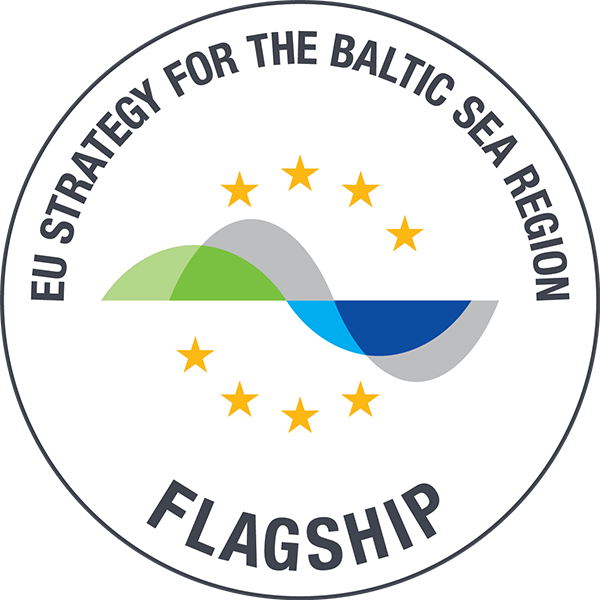Pan Baltic Scope held a workshop to improve the tools and implementation of Ecosystem-based Approach and Strategic Environmental Assessment on 23 and 24 October 2018 at BSH in Hamburg. Conclusions include the need for a more specific common language and constant work on the processes as a long-term development.
EXPERTS GATHERED
In a great working atmosphere, we gathered experts of Pan Baltic Scope, our sister-project SEANSE and several others, supporting our cause to further develop the SEA in transboundary context and the implementation of the EBA.
SEA stands for Strategic Environmental Assessment and EBA for Ecosystem-based Approach, two vital components of maritime spatial planning.
RESULTS from the questionnaire, presentations and workgroups
The workshop was structured into two rounds:
-> one on different aspects of the SEA
-> one on the EBA and a short session about stakeholder involvement and international consultation processes
We discussed the input from a questionnaire sent out earlier. We also listened to a guest presentation about MSP and the EBA, by Kerstin Schiele, from IOW – Leibniz Institute for Baltic Sea Research Warnemünde, and a presentation about the stakeholder involvement in the Pan Baltic Scope activity on Finland-Åland-Sweden, by Stefan Husa from the Government of Åland.
The intense group work and discussions in the different sessions lead to a good overview and insight for the coming work steps of the Activities. Here are some highlighted conclusions and recommendation.
CONCLUSIONS & RECOMMENDATIONS
SEA
1. SEA can be an important tool to implement the Ecosystem Based Approach.
2. SEA has to strengthen the link to sustainable development.
3. SEA has to be harmonized to a certain extent to be comparable with regard to results and methodology.
4. Differences appear more in the details of the national processes and have to be transparent for comparability and learning from each other.
5. A common “SEA in MSP language” should be developed in order to specify, prevent misunderstandings and strengthen harmonization – especially regarding the transboundary approach.
6. The Pan Baltic Scope-activities on EBA and SEA will contribute to the development of common SEA language.
EBA
The workshop included a discussion on the ”most important” key elements of EBA.
Here is a list in order of importance (first most important):
1. Applying a holistic system perspective and relational understanding
2. Staying within ecological limits
3. Including an ecosystem services perspective
4. Involving stakeholders
5. Gathering knowledge
6. Applying the precautionary principle
In recognition of knowledge gaps, the implementation of the EBA is to be seen as a long-term process of constant development.
Further, it was highlighted that more Baltic wide solutions are needed to implement EBA due to the holistic or system-wide approach.
DEVELOPMENT OF EBA-GUIDANCE
As a help for planners, guidelines should contain best practice examples as any easily adaptable way of learning Good examples are possible ways of developing current guidelines.
As a first list, there are or will be good examples available on:
-> carrying out cumulative assessments (Swedish Symphony, Latvian BS),
-> scenarios/alternatives (Latvia BS),
-> analysis of data (Zonation- Finland),
-> monetary evaluation of ecosystem services (Poland),
-> Green infrastructure including ecosystem services (Pan Baltic Scope – Green Infrastructure Activity).
A lack of examples for applying ecosystem limits, or the carrying capacity, in MSP was recognized. But dealing with the EBA, lots of questions arise which will lead to further research and answers!
Implementation of EBA calls for communication between planners and sector representatives, including environmental managers. Decisions affecting MSP are taken in sector policies prior to MSP. A need for implementing EBA in sector policy was identified, to mainstream the approach/concept.
The Baltic Sea is a joint sea, which calls for a common vision and the harmonization on baseline and scenarios in MSP and as a basis for SEA and its comparability.
This workshop was a joint workshop of the two activities 1.2.1 Ecosystem-based toolbox and Activity 1.2.2. Implementation of EBA in sub-basin SEA.






